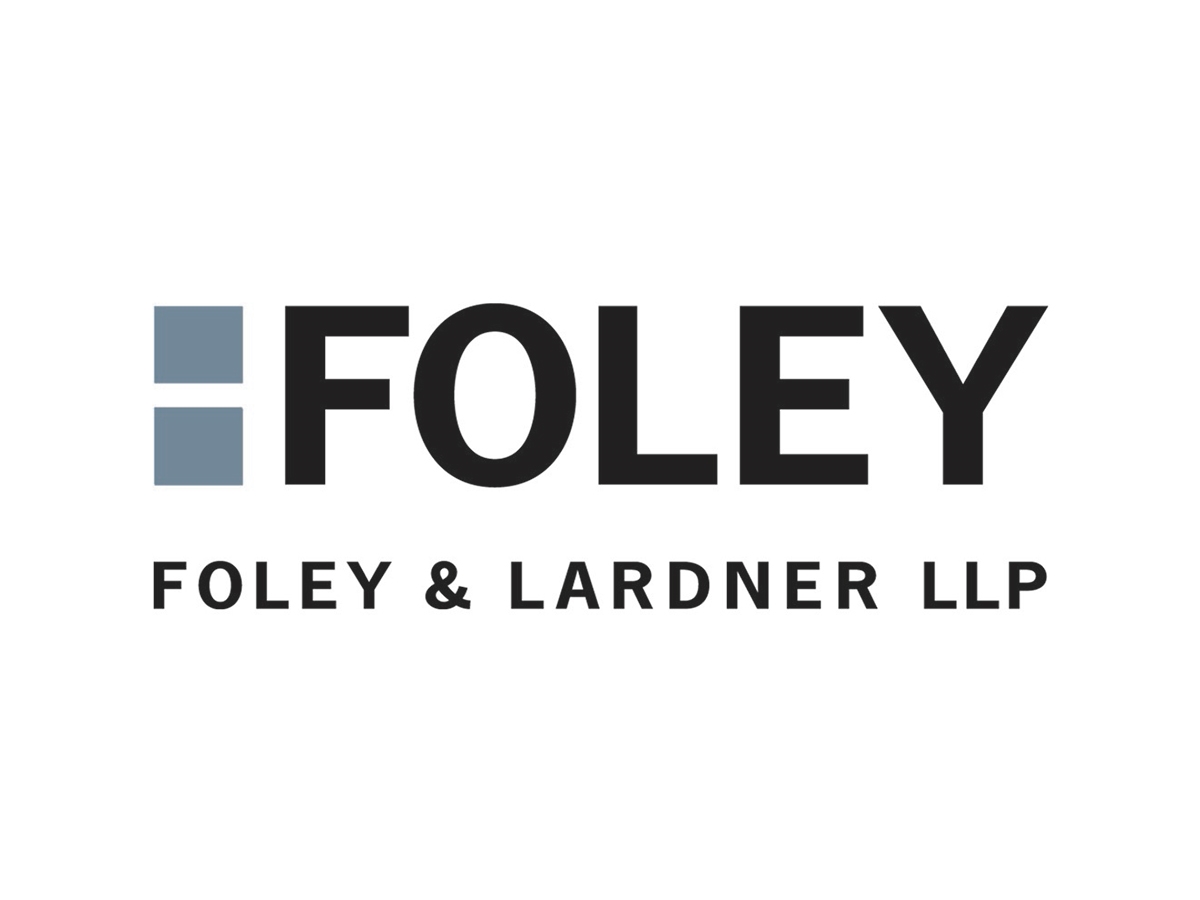D.C. Mayor Signs Bill Requiring Compensation Disclosures and Prohibiting Use of Wage History
On January 12, 2024, D.C. Mayor, Muriel Bowser, signed the “Wage Transparency Omnibus Amendment Act of 2023.” If not overturned during the subsequent 30-day Congressional review period, beginning June 30, 2024, employers with at least one employee in D.C. will be required to publish wage and benefit information to prospective employees and wage information for candidates for advertised promotion and transfer opportunities. Employers with at least one employee working in D.C. will also be prohibited from “screening prospective employees based on their wage history.”
Salary and Benefits Disclosures
The Act will require employers to “provide the minimum and maximum projected salary or hourly pay in all job listings and position descriptions advertised.” This includes postings for new hires, as well as for promotions and job transfer opportunities. An employer’s minimum and maximum salary or hourly pay range must “extend from the lowest to the highest salary or hourly pay” the employer “in good faith believes at the time of the job posting it would pay for the advertised job, promotion, or transfer opportunity. Employers will also be required to disclose to prospective employees “the existence of healthcare benefits that employees may receive” before a prospective employee’s “first interview.” Prospective employees may “inquire about” these compensation and benefits disclosures if an employer fails to affirmatively provide them.
Use of Wage History
Under the Act, employers will be prohibited from screening job applicants based on their “wage history,” including by (1) “requiring that a prospective employee’s wage history satisfy minimum or maximum criteria” or (2) “by requesting or requiring” a prospective employee to disclose their wage history “as a condition of being interviewed or as a condition of continuing to be considered for an offer of employment.” The Act will also make it unlawful for an employer to “seek the wage history of a prospective employee from a person who previously employed the individual.” “Wage history” is defined as “information related to compensation an employee has received from other or previous employment.” As discussed below, the term “compensation” is broadly defined to include “all forms of monetary and nonmonetary benefits” provided or promised to be provided by an employer.
Expansion of Existing Wage Transparency Protections
The original Wage Transparency Act, among other things, prohibits employers from preventing employees from “inquiring about, disclosing, comparing, or otherwise discussing” their “wages or the wages of another employee,” as well as “discharge, discipline, interfere with, or otherwise retaliate against an employee” who engages in such actions. The Act removes the term “wages” from these provisions and replaces it with the term “compensation,” which it defines as “all forms of monetary and nonmonetary benefits an employer provides or promises to provide an employee in exchange for the employee’s services to the employer.” In so doing, the Act expands the scope of protected communications to include “nonmonetary benefits.”
The Act also expands the scope of the provisions protecting employees from retaliation for exercising their rights to discuss compensation. Pursuant to the Act, not only is an employer barred from “[d]ischarg[ing], disciplin[ing], interfer[ing] with, or otherwise retaliat[ing] against an employee who inquires about, discloses, compares, or otherwise discusses the employee’s wages or the wages of another employee or is believed by the employer to have done so,” but employers will also be barred from “negatively affect[ing] the terms and conditions of employment” of such employees.
The Act does not change the exceptions to the disclosure protections which permit employers to “prohibit an employee with regular access to information regarding the compensation of other employees in the course of the employees work, such as a human resources employee, from sharing that information, unless disclosure is in furtherance of or response to an investigation, action, or hearing, or there is a legal obligation for the employer to furnish the information.” Further, employers are not required to “disclose the compensation of an employee in response to an inquiry by another employee.”
Notice Requirements
The Act will also require employers to post in a “conspicuous place in at least one location where employees congregate” a notice “notifying employees of their rights under” the Act.
Enforcement; Attorney General Investigations
The Act will also give the Attorney General the power to investigate potential violations of the law. The Attorney General would be permitted to bring a civil action against a potential violator “for restitution or for injunctive, compensatory, or other authorized relief” on behalf of an individual claimant or “for the public at large.” If successful, the Attorney General may obtain reasonable attorneys’ fees and statutory penalties “equal to any administrative penalties.” The Wage Transparency Act provides for civil fines of between $1,000 (first violation) up to $20,000 (third or subsequent violation). It does not create a private right of action.
* * *
Absent Congressional action, the Act will begin to apply to employers on June 30, 2024. We will continue to monitor and report on this and other pay transparency developments.






